Phosphorescence September 2021 featured poets:
Chloe Martinez, Rodney A. Brown, Elizabeth Metzger and Moriel Rothman-Zecher
VIRTUAL PROGRAM
This virtual program is free to attend and is part of the Emily Dickinson Museum’s 2021 Tell It Slant Poetry Festival. Registration is required. Registration is now available through the Festival’s virtual platform
To Emily Dickinson, phosphorescence, was a divine spark and the illuminating light behind learning — it was volatile, but transformative in nature. Produced by the Emily Dickinson Museum, the Phosphorescence Poetry Reading Series celebrates contemporary creativity that echoes Dickinson’s own revolutionary poetic voice. The Series features established and emerging poets whose work and backgrounds represent the diversity of the flourishing contemporary poetry scene. The 2021 Series will be a virtual event to ensure the health and safety of participants. While we are disappointed not to gather together in Amherst, we are excited to connect with a global community of friends and writers. Join us on the last Thursdays of each month to hear from poets around the world as they read their work and discuss what poetry and Dickinson mean to them.
Amherst Books is the preferred book seller for the Phosphorescence Poetry Reading Series.
This program is co-produced by The Common, a literary organization based at Amherst College with a mission to deepen our individual and collective sense of place. The Common publishes works that embody particular times and places and feature new and underrepresented voices from around the world.
About the program host: Sofia Belimova is a senior at Amherst College and the fourth annual Thomas E. Wood ’61 Fellow at The Common, where she has worked since 2019. Her writing has been published in The Amherst Student, The Common, and Cerealization, an online publication that pairs artists and writers. In May 2021, she received the The Peter Burnett Howe Prize for fiction and the 19th Century English Novel Prize. Sofia’s literary interests include ballads and folktales, contemporary poetry, and the Gothic aesthetic. She is currently writing a thesis on William Faulkner’s As I Lay Dying.
Phosphorescence Lineup 2021
About this month’s poets:
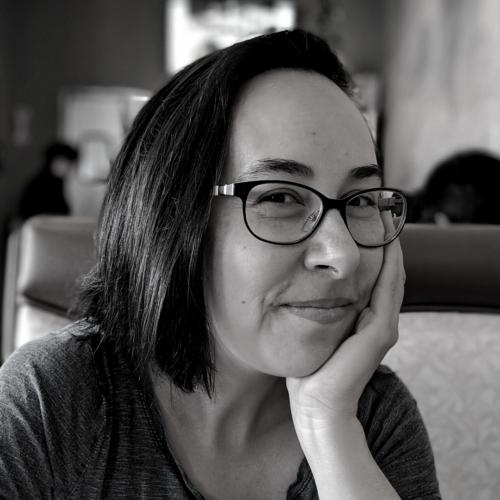
Chloe Martinez is a poet and scholar of South Asian religions. She is the author of the chapbook Corner Shrine (Backbone Press, 2020) and a full-length collection, forthcoming from The Word Works in Fall 2021. Her poems have appeared or are forthcoming in Ploughshares, Waxwing, Shenandoah, The Common and elsewhere. She teaches at Claremont McKenna College.
chloeavmartinez.com
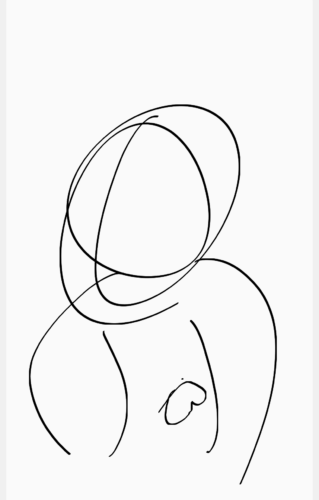 Rodney A. Brown is a poet, writer, choreographer, and interdisciplinary artist whose work draws on he(r) experiences with AIDS, mental illness, and homelessness. He(r) writing has appeared in the Africology: The Journal of Pan African Studies, and their performances on Black lives and mental health have been sponsored at the Society of Dance History Scholars’ Congress on Research in Dance and the United States Conference on AIDS. They taught as a choreographer at the university level and attended the Saint Francis College MFA program in creative writing.
Rodney A. Brown is a poet, writer, choreographer, and interdisciplinary artist whose work draws on he(r) experiences with AIDS, mental illness, and homelessness. He(r) writing has appeared in the Africology: The Journal of Pan African Studies, and their performances on Black lives and mental health have been sponsored at the Society of Dance History Scholars’ Congress on Research in Dance and the United States Conference on AIDS. They taught as a choreographer at the university level and attended the Saint Francis College MFA program in creative writing.
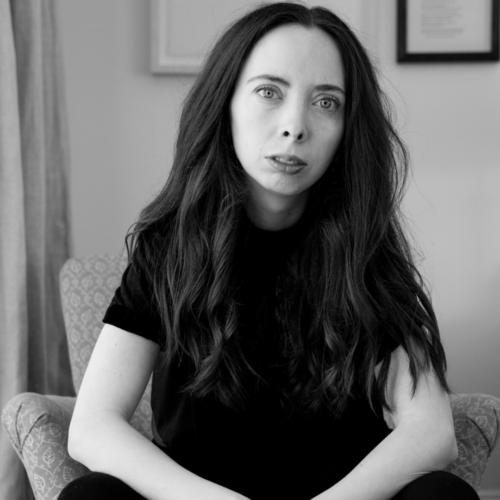 Elizabeth Metzger is the author of the chapbook, Bed (Tupelo, 2021), selected by Mark Bibbins for the Sunken Garden Poetry Contest, and Lying In, forthcoming from Milkweed in 2023. She is also the author of The Spirit Papers (UMass, 2017), winner of the Juniper Prize for a first book of poetry, and the chapbook The Nutshell Studies of Unexplained Death (Horsethief, 2017). She was the 2013 winner of the Narrative Magazine Poetry Prize, and her poems have been published in The New Yorker, The Paris Review, Poetry Magazine, American Poetry Review, The Nation, and the Academy of American Poets’ Poem-a-Day, among other places. Her prose has recently been published in Conjunctions, Literary Hub, Guernica, and Boston Review. She is a poetry editor at The Los Angeles Review of Books.
Elizabeth Metzger is the author of the chapbook, Bed (Tupelo, 2021), selected by Mark Bibbins for the Sunken Garden Poetry Contest, and Lying In, forthcoming from Milkweed in 2023. She is also the author of The Spirit Papers (UMass, 2017), winner of the Juniper Prize for a first book of poetry, and the chapbook The Nutshell Studies of Unexplained Death (Horsethief, 2017). She was the 2013 winner of the Narrative Magazine Poetry Prize, and her poems have been published in The New Yorker, The Paris Review, Poetry Magazine, American Poetry Review, The Nation, and the Academy of American Poets’ Poem-a-Day, among other places. Her prose has recently been published in Conjunctions, Literary Hub, Guernica, and Boston Review. She is a poetry editor at The Los Angeles Review of Books.
elizabethmetzger.com
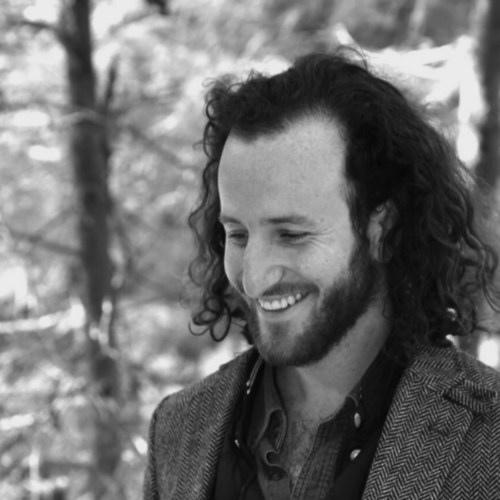 Moriel Rothman-Zecher is the author of the novel Sadness Is a White Bird (Atria Books, 2018), for which he received the National Book Foundation’s ‘5 Under 35’ Honor, and which was a finalist for the Dayton Literary Piece Prize, the winner of the Ohioana Book Award, a finalist for the National Jewish Book Award, the winner of the Cincinnati Books by the Banks Author Award, and long listed for the Center for Fiction’s First Novel Prize. His essays and poems have been published in The Common Magazine, Haaretz, The New York Times, The Paris Review’s Daily, Runner’s World, The Tel Aviv Review of Books, ZYZZYVA Magazine, and elsewhere.
Moriel Rothman-Zecher is the author of the novel Sadness Is a White Bird (Atria Books, 2018), for which he received the National Book Foundation’s ‘5 Under 35’ Honor, and which was a finalist for the Dayton Literary Piece Prize, the winner of the Ohioana Book Award, a finalist for the National Jewish Book Award, the winner of the Cincinnati Books by the Banks Author Award, and long listed for the Center for Fiction’s First Novel Prize. His essays and poems have been published in The Common Magazine, Haaretz, The New York Times, The Paris Review’s Daily, Runner’s World, The Tel Aviv Review of Books, ZYZZYVA Magazine, and elsewhere.
morielrothmanzecher.com
Support Phosphorescence and Honor Someone Special:
Admission to all Phosphorescence events is free, but online donations, especially those made in honor or memory of family, friends, or colleagues are heartily encouraged and vital to the future of our programs. All gifts are tax deductible.
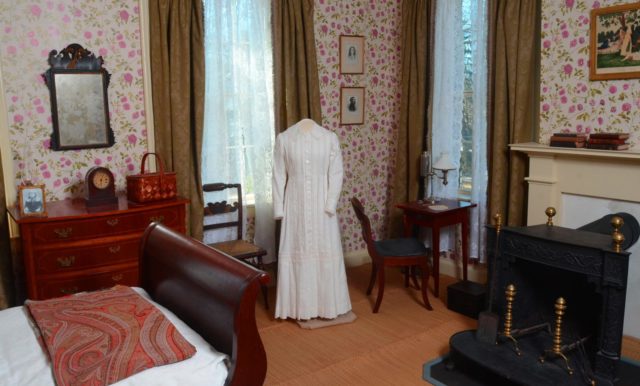
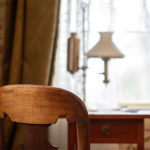
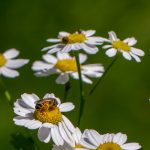
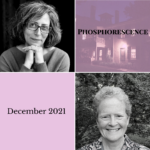
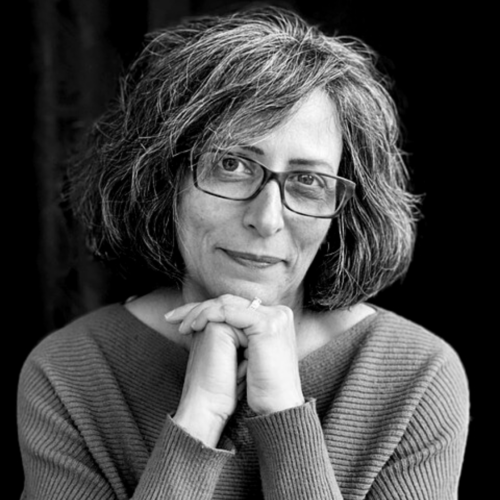
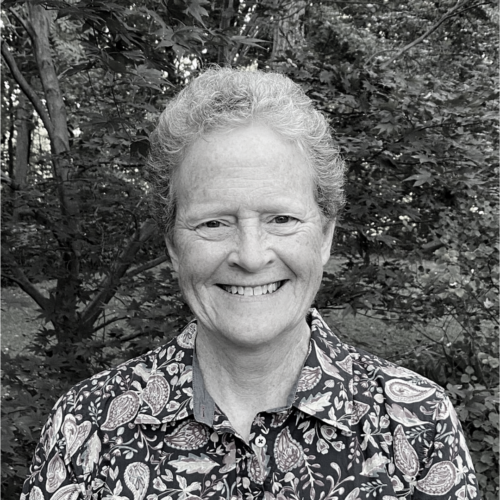 Cammy Thomas’ first book, Cathedral of Wish, received the Norma Farber First Book Award from the Poetry Society of America. A fellowship from the Ragdale Foundation helped her complete her second, Inscriptions. Her third collection, Tremors, is forthcoming in 2021. All are published by Four Way Books. Her work appeared recently in the anthology, Poems in the Aftermath. Two of her poems under the title Far Past War were set to music by her sister, composer Augusta Read Thomas. The premiere of this choral work will be performed by the Cathedral Choral Society at the National Cathedral in Washington DC on Oct. 17, 2021. She lives in Lexington, Massachusetts.
Cammy Thomas’ first book, Cathedral of Wish, received the Norma Farber First Book Award from the Poetry Society of America. A fellowship from the Ragdale Foundation helped her complete her second, Inscriptions. Her third collection, Tremors, is forthcoming in 2021. All are published by Four Way Books. Her work appeared recently in the anthology, Poems in the Aftermath. Two of her poems under the title Far Past War were set to music by her sister, composer Augusta Read Thomas. The premiere of this choral work will be performed by the Cathedral Choral Society at the National Cathedral in Washington DC on Oct. 17, 2021. She lives in Lexington, Massachusetts.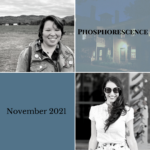
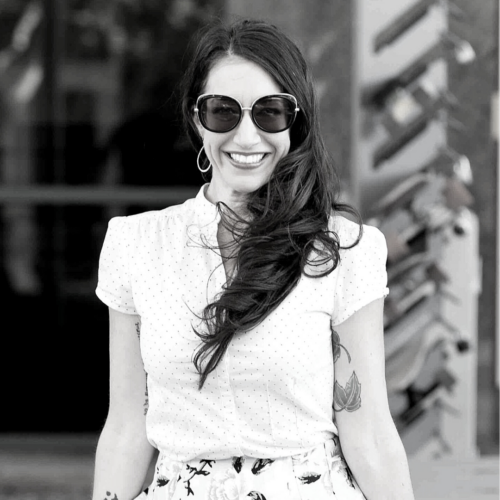

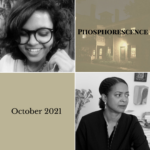

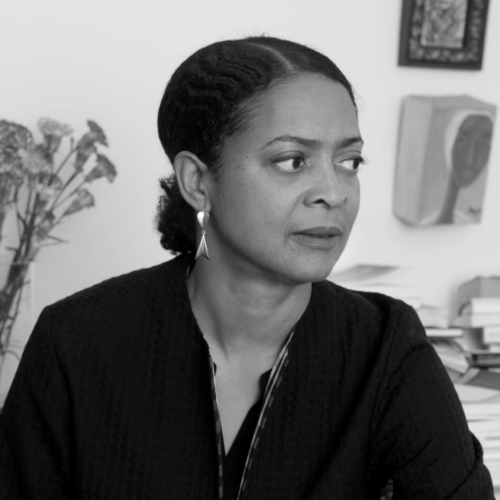 Danielle Legros Georges is a writer, translator, academic, and author of several books of poetry including The Dear Remote Nearness of You, winner of the New England Poetry Club’s Sheila Margaret Motten book prize. She is a professor in and director of the Lesley University MFA program in Creative Writing, and taught in the Joiner Institute for the Study of War and Social Consequences Writer’s Workshop, at the University of Massachusetts, Boston. Her awards include fellowships from the Massachusetts Cultural Council, the Boston Foundation, and the Black Metropolis Research Consortium. She was appointed the second Poet Laureate of the city of Boston, serving in the role from 2015 to 2019, and collaborating with literary and visual artists, museums and galleries. The Massachusetts Artists Leaders Coalition recognized her civic work with a Champion of Artists Award in 2017. She is the editor of City of Notions: An Anthology of Contemporary Boston Poems. Her most recent work is a book of translations from the French, Island Heart: The Poems of Ida Faubert, published by Subpress Collective in 2021.
Danielle Legros Georges is a writer, translator, academic, and author of several books of poetry including The Dear Remote Nearness of You, winner of the New England Poetry Club’s Sheila Margaret Motten book prize. She is a professor in and director of the Lesley University MFA program in Creative Writing, and taught in the Joiner Institute for the Study of War and Social Consequences Writer’s Workshop, at the University of Massachusetts, Boston. Her awards include fellowships from the Massachusetts Cultural Council, the Boston Foundation, and the Black Metropolis Research Consortium. She was appointed the second Poet Laureate of the city of Boston, serving in the role from 2015 to 2019, and collaborating with literary and visual artists, museums and galleries. The Massachusetts Artists Leaders Coalition recognized her civic work with a Champion of Artists Award in 2017. She is the editor of City of Notions: An Anthology of Contemporary Boston Poems. Her most recent work is a book of translations from the French, Island Heart: The Poems of Ida Faubert, published by Subpress Collective in 2021.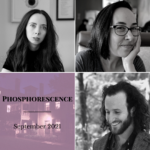

 Rodney A. Brown is a poet, writer, choreographer, and interdisciplinary artist whose work draws on he(r) experiences with AIDS, mental illness, and homelessness. He(r) writing has appeared in the Africology: The Journal of Pan African Studies, and their performances on Black lives and mental health have been sponsored at the Society of Dance History Scholars’ Congress on Research in Dance and the United States Conference on AIDS. They taught as a choreographer at the university level and attended the Saint Francis College MFA program in creative writing.
Rodney A. Brown is a poet, writer, choreographer, and interdisciplinary artist whose work draws on he(r) experiences with AIDS, mental illness, and homelessness. He(r) writing has appeared in the Africology: The Journal of Pan African Studies, and their performances on Black lives and mental health have been sponsored at the Society of Dance History Scholars’ Congress on Research in Dance and the United States Conference on AIDS. They taught as a choreographer at the university level and attended the Saint Francis College MFA program in creative writing.  Elizabeth Metzger is the author of the chapbook, Bed (Tupelo, 2021), selected by Mark Bibbins for the Sunken Garden Poetry Contest, and Lying In, forthcoming from Milkweed in 2023. She is also the author of The Spirit Papers (UMass, 2017), winner of the Juniper Prize for a first book of poetry, and the chapbook The Nutshell Studies of Unexplained Death (Horsethief, 2017). She was the 2013 winner of the Narrative Magazine Poetry Prize, and her poems have been published in The New Yorker, The Paris Review, Poetry Magazine, American Poetry Review, The Nation, and the Academy of American Poets’ Poem-a-Day, among other places. Her prose has recently been published in Conjunctions, Literary Hub, Guernica, and Boston Review. She is a poetry editor at The Los Angeles Review of Books.
Elizabeth Metzger is the author of the chapbook, Bed (Tupelo, 2021), selected by Mark Bibbins for the Sunken Garden Poetry Contest, and Lying In, forthcoming from Milkweed in 2023. She is also the author of The Spirit Papers (UMass, 2017), winner of the Juniper Prize for a first book of poetry, and the chapbook The Nutshell Studies of Unexplained Death (Horsethief, 2017). She was the 2013 winner of the Narrative Magazine Poetry Prize, and her poems have been published in The New Yorker, The Paris Review, Poetry Magazine, American Poetry Review, The Nation, and the Academy of American Poets’ Poem-a-Day, among other places. Her prose has recently been published in Conjunctions, Literary Hub, Guernica, and Boston Review. She is a poetry editor at The Los Angeles Review of Books. Moriel Rothman-Zecher is the author of the novel Sadness Is a White Bird (Atria Books, 2018), for which he received the National Book Foundation’s ‘5 Under 35’ Honor, and which was a finalist for the Dayton Literary Piece Prize, the winner of the Ohioana Book Award, a finalist for the National Jewish Book Award, the winner of the Cincinnati Books by the Banks Author Award, and long listed for the Center for Fiction’s First Novel Prize. His essays and poems have been published in The Common Magazine, Haaretz, The New York Times, The Paris Review’s Daily, Runner’s World, The Tel Aviv Review of Books, ZYZZYVA Magazine, and elsewhere.
Moriel Rothman-Zecher is the author of the novel Sadness Is a White Bird (Atria Books, 2018), for which he received the National Book Foundation’s ‘5 Under 35’ Honor, and which was a finalist for the Dayton Literary Piece Prize, the winner of the Ohioana Book Award, a finalist for the National Jewish Book Award, the winner of the Cincinnati Books by the Banks Author Award, and long listed for the Center for Fiction’s First Novel Prize. His essays and poems have been published in The Common Magazine, Haaretz, The New York Times, The Paris Review’s Daily, Runner’s World, The Tel Aviv Review of Books, ZYZZYVA Magazine, and elsewhere.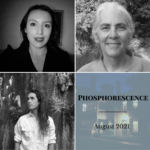
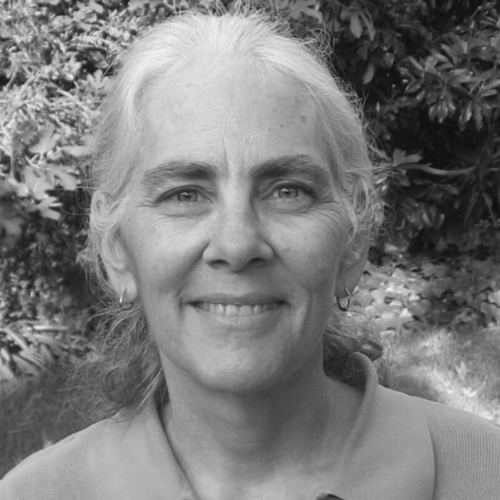
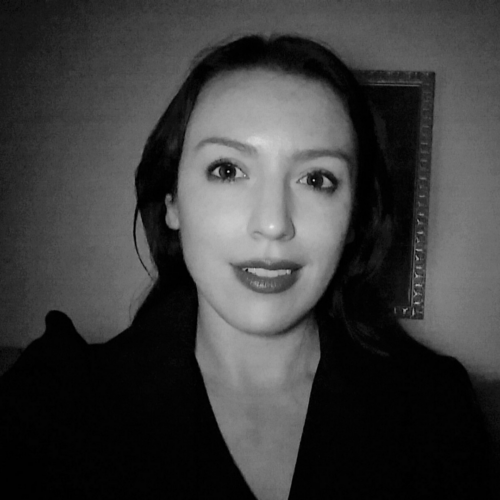
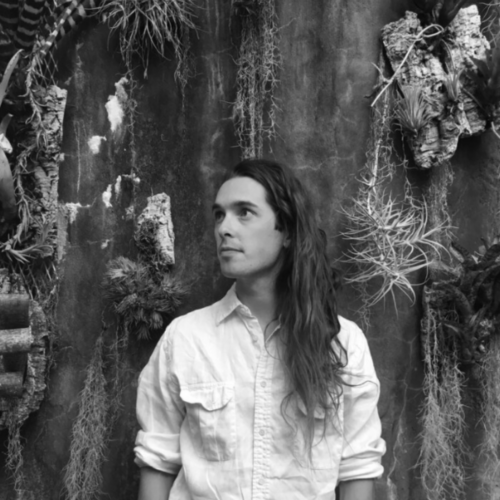 Dennis James Sweeney is the author of In the Antarctic Circle, winner of the 2020 Autumn House Rising Writer Prize and forthcoming in March 2021, as well as four chapbooks. His poems have appeared in The New York Times, Prelude, Poor Claudia, Quarterly West, and Territory, among others. A Small Press Editor of Entropy, he has an MFA from Oregon State University and a PhD from the University of Denver. Originally from Cincinnati, he lives in Amherst, Massachusetts.
Dennis James Sweeney is the author of In the Antarctic Circle, winner of the 2020 Autumn House Rising Writer Prize and forthcoming in March 2021, as well as four chapbooks. His poems have appeared in The New York Times, Prelude, Poor Claudia, Quarterly West, and Territory, among others. A Small Press Editor of Entropy, he has an MFA from Oregon State University and a PhD from the University of Denver. Originally from Cincinnati, he lives in Amherst, Massachusetts.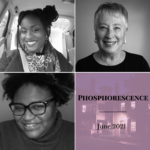
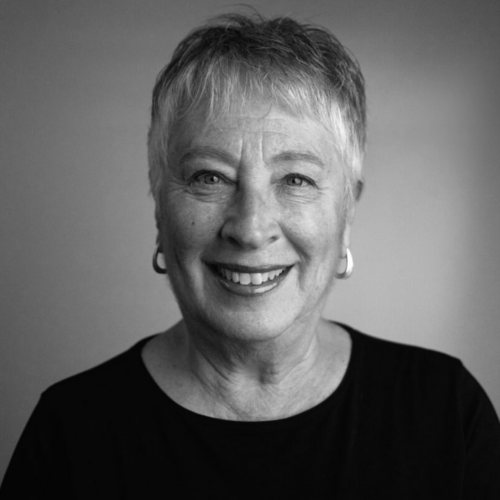
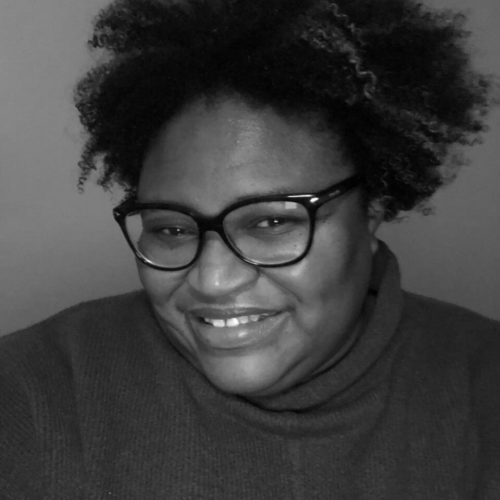 Nicole M. Young is a performer, poet, playwright, director, event producer/curator, and nonprofit professional with over 20 years of experience combined in these areas. Nicole has worked across various disciplines, including theatre, poetry, and classical music. Originally from Detroit, Michigan, Nicole currently resides in Northern Connecticut and works in Western Massachusetts.
Nicole M. Young is a performer, poet, playwright, director, event producer/curator, and nonprofit professional with over 20 years of experience combined in these areas. Nicole has worked across various disciplines, including theatre, poetry, and classical music. Originally from Detroit, Michigan, Nicole currently resides in Northern Connecticut and works in Western Massachusetts. 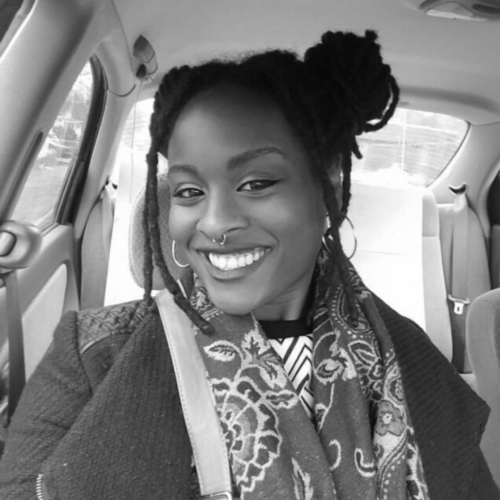 Amina Jordan Mendez is a queer poet/performer. She works as a teaching artist for the award winning Enchanted Circle Theater of Holyoke, MA, and is a Ford Tubman Healthy Living Organizer. Her work is focused on community engagement through arts and activism. She is the recipient of the 2020 Emerging Writers Fellowship sponsored by the Straw Dog Writers Guild of Western Massachusetts.
Amina Jordan Mendez is a queer poet/performer. She works as a teaching artist for the award winning Enchanted Circle Theater of Holyoke, MA, and is a Ford Tubman Healthy Living Organizer. Her work is focused on community engagement through arts and activism. She is the recipient of the 2020 Emerging Writers Fellowship sponsored by the Straw Dog Writers Guild of Western Massachusetts.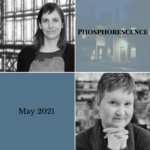
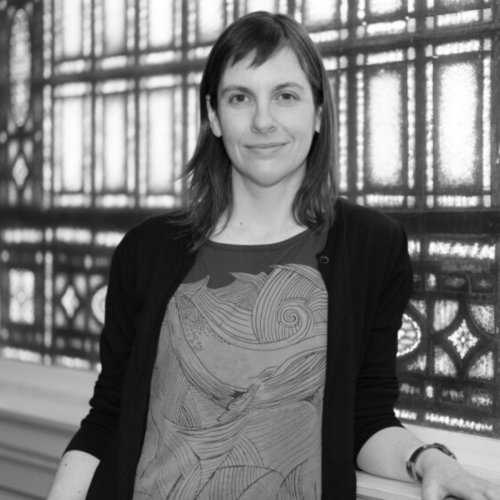 Melissa Range is the author of two collections of poetry: Scriptorium, a winner of the 2015 National Poetry Series (Beacon Press, 2016), and Horse and Rider, a winner of the Walt McDonald Prize (Texas Tech University Press, 2010). Recent poems have appeared or are forthcoming in Blackbird, Ecotone, The Iowa Review, The Nation, Ploughshares, and Poetry. Range is the recipient of awards and fellowships from the National Endowment for the Arts, the Rona Jaffe Foundation, the American Antiquarian Society, and the Fine Arts Work Center in Provincetown. Originally from East Tennessee, she teaches creative writing and American literature at Lawrence University in Wisconsin.
Melissa Range is the author of two collections of poetry: Scriptorium, a winner of the 2015 National Poetry Series (Beacon Press, 2016), and Horse and Rider, a winner of the Walt McDonald Prize (Texas Tech University Press, 2010). Recent poems have appeared or are forthcoming in Blackbird, Ecotone, The Iowa Review, The Nation, Ploughshares, and Poetry. Range is the recipient of awards and fellowships from the National Endowment for the Arts, the Rona Jaffe Foundation, the American Antiquarian Society, and the Fine Arts Work Center in Provincetown. Originally from East Tennessee, she teaches creative writing and American literature at Lawrence University in Wisconsin. 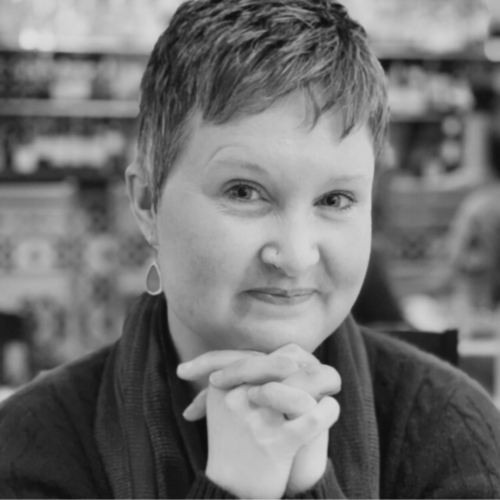
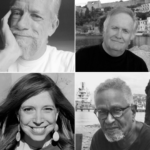
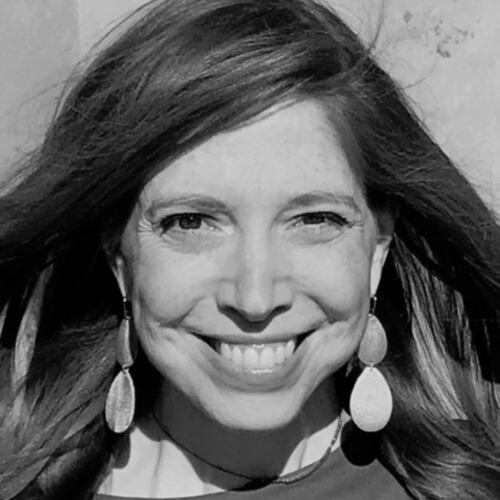
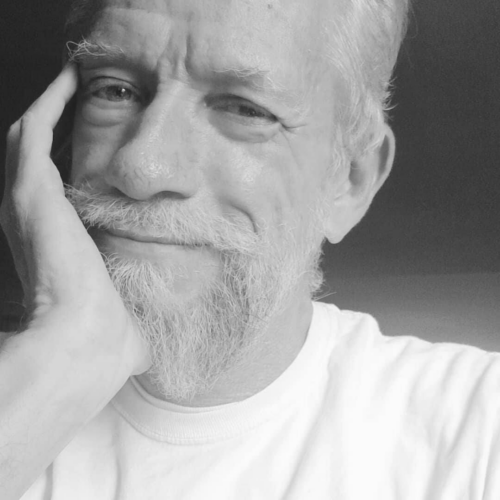 Philip F. Clark is the author of The Carnival of Affection (Sibling Rivalry Press, 2017), and teaches at City College, New York, where he received his M.F.A. in Creative Writing in 2016. He is a Poetry Editor at The Night Heron Barks, A&U Magazine, and The Poet’s Grin. His poetry and writing has been published in Tiferet Journal (nominated for a 2021 Pushcart Prize), Vox Populi, Re: An Ideas Journal, Lambda Literary and other publications.
Philip F. Clark is the author of The Carnival of Affection (Sibling Rivalry Press, 2017), and teaches at City College, New York, where he received his M.F.A. in Creative Writing in 2016. He is a Poetry Editor at The Night Heron Barks, A&U Magazine, and The Poet’s Grin. His poetry and writing has been published in Tiferet Journal (nominated for a 2021 Pushcart Prize), Vox Populi, Re: An Ideas Journal, Lambda Literary and other publications. 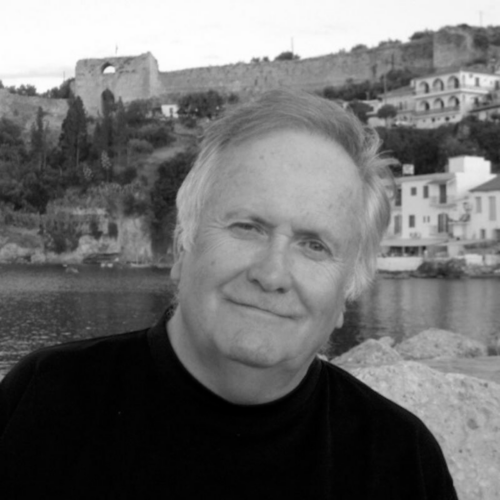 Fred Marchant is the author of five books of poetry, most recently Said Not Said (Graywolf Press, 2017). Graywolf also published his collections Full Moon Boat (2000) and The Looking House (2009). His first book, Tipping Point, won the 1993 Washington Prize from the Word Works. In 2002 Dedalus Press of Dublin Ireland brought out House on Water, House in Air, a new and selected poems.
Fred Marchant is the author of five books of poetry, most recently Said Not Said (Graywolf Press, 2017). Graywolf also published his collections Full Moon Boat (2000) and The Looking House (2009). His first book, Tipping Point, won the 1993 Washington Prize from the Word Works. In 2002 Dedalus Press of Dublin Ireland brought out House on Water, House in Air, a new and selected poems. 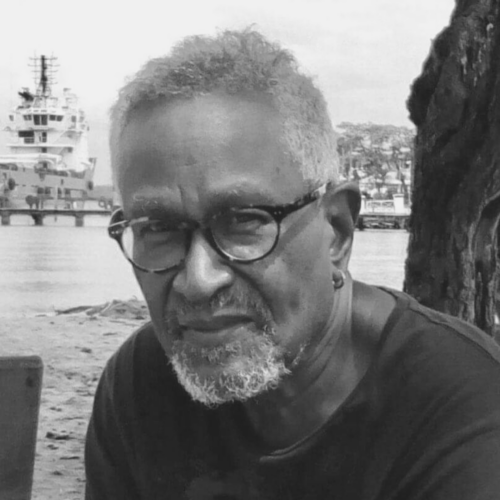 Mervyn Taylor a Trinidad-born poet and longtime Brooklyn resident, is the author of seven collections of poetry, including No Back Door (2010), Voices Carry (2017), and most recently, Country of Warm Snow (2020), a Poetry Book Society Recommendation, which has also been long listed for the Bocas Prize. His chapbook, News of the Living: Corona Poems was published by Broadstone Books in 2020. Currently, he serves as co-editor on the Advisory Board of Slapering Hol Press, Hudson Valley, New York.
Mervyn Taylor a Trinidad-born poet and longtime Brooklyn resident, is the author of seven collections of poetry, including No Back Door (2010), Voices Carry (2017), and most recently, Country of Warm Snow (2020), a Poetry Book Society Recommendation, which has also been long listed for the Bocas Prize. His chapbook, News of the Living: Corona Poems was published by Broadstone Books in 2020. Currently, he serves as co-editor on the Advisory Board of Slapering Hol Press, Hudson Valley, New York.